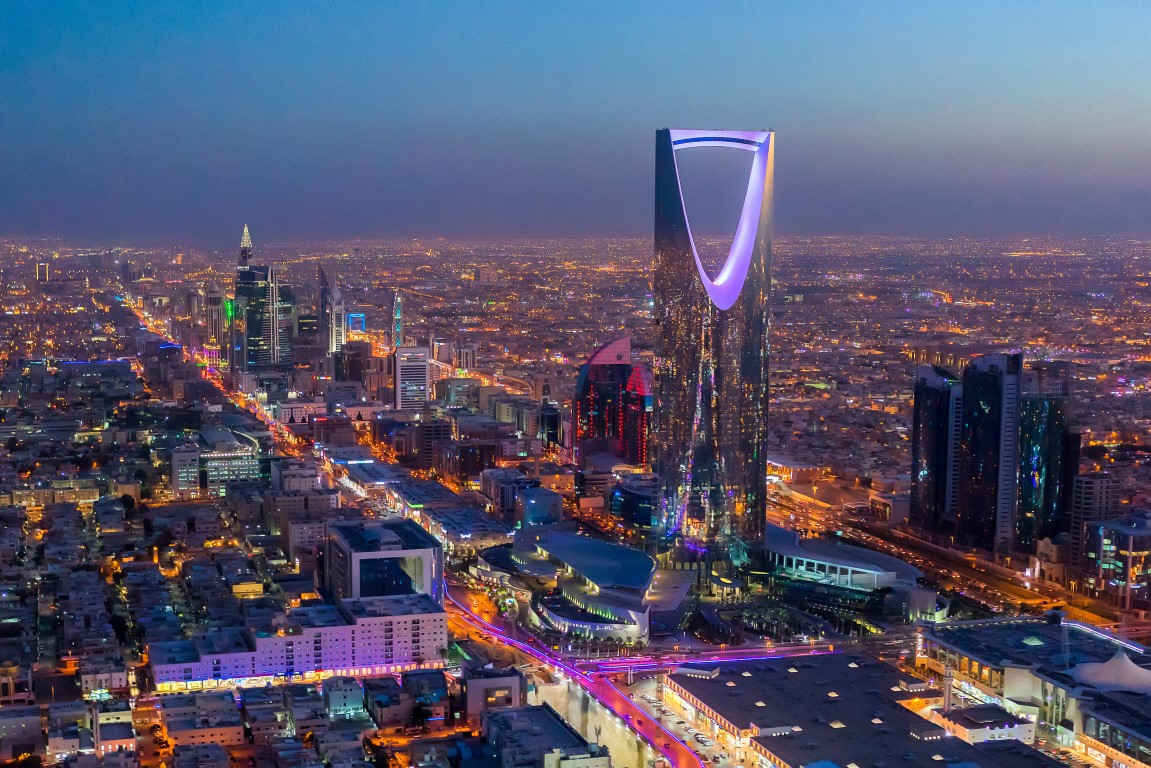Business activity across the Middle East is expected to be “subdued” over the upcoming Ramadan period, according to a leading economist, although the steady growth experienced since the height of the global coronavirus pandemic is set to gather pace throughout the summer months.
The region is already well on the road to recovery from the ill-effects of Covid-19, with the latest World Economic Outlook released by the International Monetary Fund (IMF) forecasting the UAE and Saudi Arabia to grow 3.1 percent and 2.9 percent, respectively in 2021, against previously estimated contractions of 5.9 percent and 4.1 percent.
Scott Livermore, ICAEW economic advisor and chief economist at Oxford Economics, said that the Holy Month of Ramadan would remain a traditionally quiet period, although he expected economic progress to be extended into and beyond the summer months.
“Economic activity is likely to remain more subdued over Ramadan but growth should accelerate over the summer months, boosted by rapid vaccine roll outs seen in a number of countries that will help domestic activity move back toward normality and mean the region’s economies stand to benefit when the rest of the world opens up,” he told Arabian Business.
“A number of special factors will also contribute to growth across the region: Expo 2020, preparation for World Cup 2022, Abraham Accords, ending of the blockade with Qatar and spending by the Public Investment Fund in Saudi Arabia.”
According to the calculations, the first day of Ramadan is most likely to fall on April 13, and last for 30 days.
.jpg?PmS5kDgb) Scott Livermore, ICAEW economic advisor and chief economist at Oxford Economics
Scott Livermore, ICAEW economic advisor and chief economist at Oxford Economics
Previous studies have revealed that the productivity of workers can decline during Ramadan by between 35-50 percent as a result of shorter working hours and the change in behaviour during the month.
According to a recent report from RedSeer Consulting, retailers in the UAE and Saudi Arabia are betting big on sales this Ramadan season, with online sales projected to reach upwards of $2 billion in gross merchandise value on the back of a major shift in consumer preference towards online shopping.
Electronics and fashion products are seen to be consumers’ favourites in the two major Gulf markets the survey said.
While Taimur Khan, associate partner, Knight Frank, told Arabian Business he expected the UAE’s real estate industry to be busy over the period.
 Taimur Khan, associate partner, Knight Frank
Taimur Khan, associate partner, Knight Frank
“I think given where Ramadan fell last year and the length and stringency of the lockdowns in Dubai over this period, I would be very surprised if we don’t see a large spike in transactions numbers,” he said.
Samer Hijazi, office managing partner, Grant Thornton Abu Dhabi said the market currently “remains cautious”, but noted that “significant decisions are being taken more rapidly than before”.
He said: “Our view is that the sectors which were hit the hardest by the pandemic will be those which will stand out once we see some light at the end of the tunnel.
“These sectors will include airlines and travel, food and beverages, sports and leisure, oil and gas and automobiles. Any resurgence









